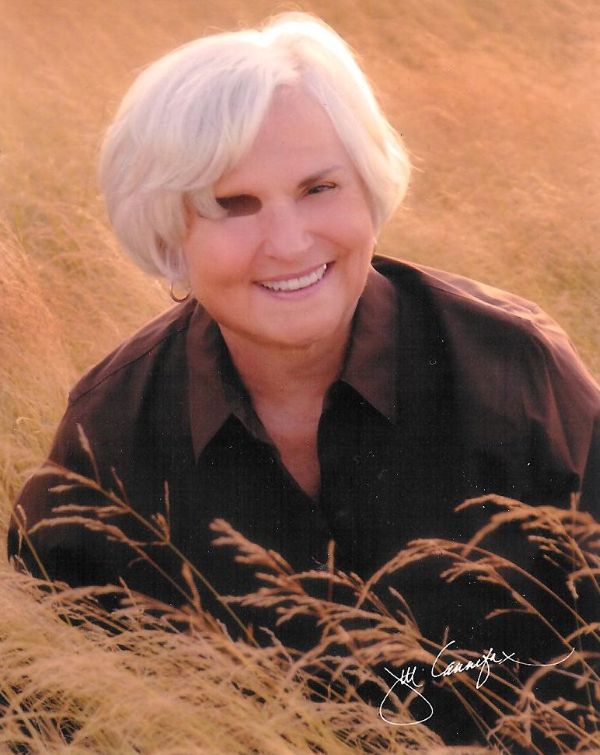When you hear the name Steve Jobs, it’s easy to picture Apple products, Silicon Valley, and a revolution in technology. But behind that iconic figure stands a woman whose life, decisions, and quiet strength helped shape not only Jobs himself but also, indirectly, the future of modern technology. Joanne Schieble—Steve Jobs’ biological mother—lived a life marked by intellect, independence, and sacrifice.
Early Life: A German-American Upbringing
Joanne Carole Schieble was born on August 1, 1932, in Green Bay, Wisconsin, to a conservative German-American family. Growing up in the Midwest during the 1930s and 1940s, her world was shaped by traditional values, religious expectations, and clear gender roles. While it was common for young women at the time to be steered toward domestic life, she stood out for academic ambition and intellectual curiosity.
Joanne Schieble broke out of the mold by pursuing higher education at the University of Wisconsin, choosing to study speech pathology. This was during the early 1950s, when graduate programs were still dominated by men and when women were expected to prioritize marriage and family over personal achievement. Her pursuit of a degree in a progressive field like speech pathology was a testament to her determination and desire for independence.

Source: https://www.firstmotherforum.com/
A Love Story That Challenged the Times
It was at the University of Wisconsin where Joanne’s life took a dramatic turn. There, she met Abdulfattah “John” Jandali, a young political science graduate student from Syria.
Their relationship was not only passionate but also controversial for the era. She was from a strict Catholic background; Jandali, a secular Muslim. Interethnic and interfaith relationships were rare—and often frowned upon—in 1950s America, especially within conservative families.
Joanne’s father was particularly opposed to the union, and the cultural and religious differences added more fuel to the fire. Still, the bond between her and Jandali was strong, and it led to a pregnancy that would force her to make an agonizing choice.
The Painful Decision: Giving Steve Jobs Up for Adoption
In 1955, Joanne Schieble became pregnant. With little support from her family and facing harsh societal judgment, she made the difficult decision to travel to San Francisco and give birth in secret. On February 24, 1955, she gave birth to a baby boy, Steven Paul Jobs.
She was adamant that her child be placed with well-educated, Catholic parents. However, things didn’t go as planned. Steve was adopted by Paul and Clara Jobs, a working-class couple who were not college graduates. Initially, hesitated to sign the adoption papers, but ultimately, she agreed after receiving assurances that her son would get a college education.
This choice was not just personal—it was shaped by the beliefs and prejudices of the time. In the 1950s, unwed mothers often faced ostracism, limited career prospects, and immense social shame.
Life After Adoption: Reinvention and Privacy
After giving her son up for adoption, Joanne Schieble moved forward with life. She eventually married George Simpson, a fellow academic, and had a daughter, Mona Simpson.
Mona would go on to become a celebrated novelist and professor. Unlike with Steve, Mona was raised by her, and their relationship was more public and less complicated by the secrets of the past.
While Steve Jobs became a household name, she preferred a life out of the spotlight. She avoided media attention, rarely gave interviews, and maintained her privacy. Much of what is known about her comes from Mona Simpson’s writings and biographies about Jobs.
The Reunion: Steve Jobs Finds His Birth Family
For years, the connection between Joanne Schieble and Steve Jobs was kept under wraps. But eventually, as an adult, Steve sought out his birth mother. They reconnected and developed a friendly relationship. Through hẻ, Steve also met Mona Simpson, discovering a sister he never knew he had.
This reunion was significant for Jobs, who was famously obsessed with identity and belonging. The emotional impact of meeting his birth family added new layers to his already complex personality and may have influenced his future work and relationships.
The Role of Society: Judgement and Strength
The story is a reminder of how women’s choices were (and often still are) shaped by societal pressures. In the 1950s, women who had children out of wedlock faced severe consequences.
Joanne Schieble’s decision to give Steve up for adoption was both painful and brave. While men in similar situations were often admired for bold decisions, women like her were too frequently shamed or forgotten.
The Unseen Architect of Apple’s Origin
While the world celebrates Steve Jobs for his vision and leadership, it’s important to consider the quieter influences that helped make his journey possible. Without Joanne Schieble’s sacrifices and decisions, Steve Jobs may not have had the upbringing, opportunities, or motivation that ultimately led to the creation of Apple, a company that, as of 2024, had a market valuation of over $3.5 trillion.

Welcome to the world of Chef Gary! Meet Chef Gary, a culinary maestro whose journey from Indonesia to the United States has been nothing short of extraordinary. Immigrating in the early 2000s, Chef Gary began his culinary career as a Sushi Chef at renowned establishments such as Japonais Restaurant in Chicago, followed by stints at Benihana and Ginza in Indiana.
With a passion for perfection and a dedication to his craft, Chef Gary’s career blossomed as he made his mark in the Sunshine State, serving as the Head Sushi Chef at Modern Asian restaurants in Palm Beach. However, his two-year sojourn in New Delhi, India, shaped his culinary prowess, propelling him to the prestigious role of Executive Chef at Nehru Place – Benihana.
